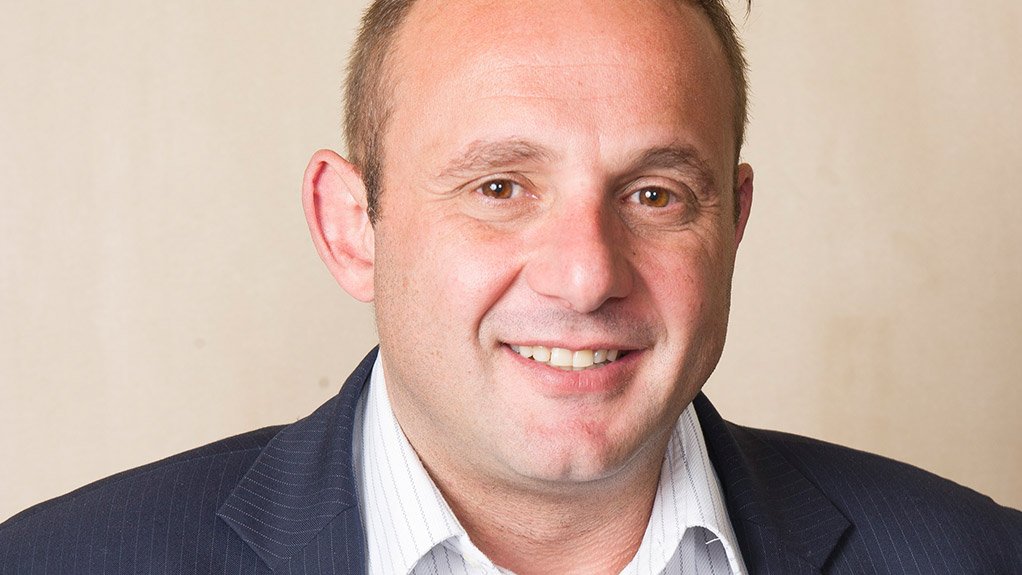With several critical contracts entered into and the restructure of Cell C’s debt agreed, JSE-listed Blue Label is looking forward to wrapping up the final processes for a R5.5-billion deal that will see it take ownership of a 45% stake in South Africa’s third-largest mobile operator.
Blue Label plans to close the deal by June 30, subject to the execution of detailed formal agreements and regulatory approvals.
“This is something that we are extremely excited about,” Blue Label joint-CEO Brett Levy told media on Tuesday, pointing out that the company remained optimistic about the new investment and the commercial benefits it would bring.
Discussing the deal during a presentation of the company’s interim financial results, he reiterated that a binding umbrella restructure agreement had been entered into this week that would reduce the maximum net borrowings of Cell C to about R6-billion and address its over-geared balance sheet.
The parties to the agreement, which is subject to the conclusion of the relevant transaction agreements, comprise Blue Label, Cell C, debt providers of Cell C and an undisclosed third-party investor, besides others.
The undisclosed third-party investor will subscribe for 15% of the share capital of Cell C for R2-billion, Oger Telecom for 30%, management for 10% and Blue Label 45%.
“The agreement sets out the framework and agrees the key principles by which the debt will be reduced through a combination of fresh equity injections and an exchange of Cell C debt for equity,” Cell C had explained in a statement earlier this week.
Cell C’s key lenders include Nedbank, the Industrial and Commercial Bank of China, the China Development Bank and the majority of Euro Bondholders.
Blue Label’s buyout of a 45% stake in Cell C, which was announced over a year ago, had faced some hurdles in recent weeks, including efforts by Cell C’s empowerment partner CellSAf to block the recapitalisation plan.
CellSAf holds a 25% stake in Cell C’s sole shareholder 3C Telecommunications and had raised concerns over the possible dilution of the mobile operator’s black economic empowerment (BEE) structure.
Levy and Cell C and Oger chairperson Mohammed Hariri, however, assured that the BEE structure of Cell C would remain unchanged, and would likely increase beyond the 25% base it was currently at.
“Once completed, the recapitalisation plan will see Cell C’s historically disadvantaged individuals ownership credentials increase to more than 30% from its current 25%,” explained Hariri.
FINANCIAL RESULTS
Meanwhile, Blue Label continued its upward earnings trend, posting double-digit growth for the six months to November 30, 2016.
The group reported a respective 54% and 56% hike in headline earnings per share (HEPS) and earnings per share to 81.78c for the period under review.
Core HEPS increased 52% to 82.86c.
“Group earnings continued to escalate, comprising a hybrid of organic growth in local operations augmented by the impact of a fair value gain resulting from Oxigen Services India being viewed as a venture capital investment,” the company highlighted.
Excluding Oxigen, which added a net fair value increase of R135-million, headline earnings had increased by 15% to R410-million, while core headline earnings rose to R417-million, equating to 61.48c and 62.53c a share respectively.
Overall, Blue Label reported a 25% improvement in gross profit to R1.1-billion on the back of an increase in gross profit margins from 7.13% in the first half of the prior financial to 8.64% in the half-year to November.
Blue Label’s revenue increased 3% to R13.2-billion; however, including the R2.8-billion gross revenue generated on PINless top-ups, revenue effectively increased by 9%.
South Africa’s distribution operations delivered a 26% increase in its core headline earnings, while the group’s Blue Label Mexico (BLM) continued to incur losses.
Oxigen, which is now viewed as a venture capital investment, delivered a fair value gain of R264-million during the six months under review, which was offset by R9-million in deferred taxation and Blue Label’s share of losses of R120-million for the half-year to November.
BLM’s losses declined from R67.4-million to R44.7-million, while Blue Label’s share of losses declined by 32% from R32.5-million in the prior corresponding period to R22.1-million in the six months under review.
Edited by: Creamer Media Reporter
EMAIL THIS ARTICLE SAVE THIS ARTICLE
ARTICLE ENQUIRY
To subscribe email subscriptions@creamermedia.co.za or click here
To advertise email advertising@creamermedia.co.za or click here













